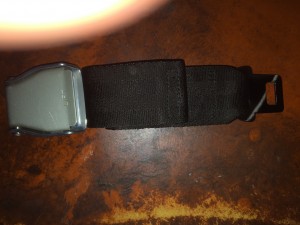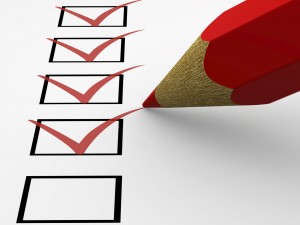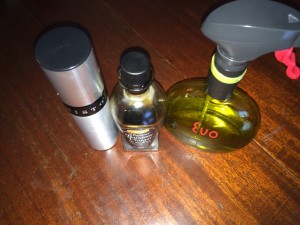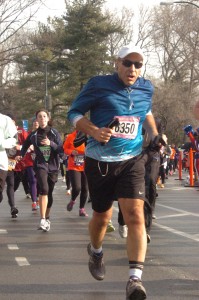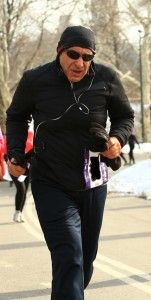Here is a journal entry from December 2010, which captures my thoughts on finally not having to use a seat belt extender, being proactive while on trips, etc. Hopefully, this journal entry can provide some real-time insight about what I was experiencing during my weight loss.
“December 26, 2010. This week I took a vacation, and traveled to Miami. My experiences traveling, and during the holidays, is that you have to be proactive, focused and vigilant. For example, I only book hotels that have exercise equipment similar to what I have at home, and make a point of working out every day like I do at home. I also travel to locations where I can do other physical activities; for example, this week I was in Miami, where I was able to take long walks, play tennis and swim.
It is amazing to be swimming again. It has probably been 6 or 7 years since I last went swimming since I was so embarrassed about how I looked, and had a difficult time finding a bathing suit that fit. But, now, I was swimming every day and not too self-conscious about how I look.
I had a good reality check earlier this week about how much further I have to go, and why I need to continue to push myself to reach my weight goal. As I mentioned in an earlier journal entry, I no longer need to use a seat belt extender in airplanes. I used to travel with them since I hated asking for one once on the plane, and had a seat belt extender for domestic travel and international travel, since they used different seat belt designs. But I digress; the reality check is that although I no longer need to carry a seat belt extender, I still needed to wear the seat belt at its largest setting, so I am only a few extra pounds from again needing a seat belt extender — a very sobering thought and a good reason to maintain my focus.
Staying with the proactive theme, I find it very important to be careful about what I eat, and be active to ask for my meals to be adjusted according to my dietary needs. For example, I was at a Mexican restaurant one night, and came up with a way to enjoy the meal, yet to cut down on the calories I eat. Typically at a Mexican restaurant one eats chips, guacamole and salsa, but what I did is essentially eliminate the chips. I ate the guacamole with my fork, and saved the salsa to put on my main course, which was a skirt steak. So I only had about 4 chips in total. Also, the skirt steak was to come with rice, but I instead asked for vegetables, and put the salsa and left over guacamole also on my vegetables. For most other meals I sent the bread back, and if I ate any bread, did not add any butter. For desserts I ordered fruit, and I went food shopping at a local market so I had tomatoes and Wasa crackers to snack on if I was hungry between meals, or did not feel the dinner or luncheon portion was sufficient. Also, I ordered salads without dressing, and used balsamic vinegar instead. Finally, I brought Lindt 99% coca chocolate bars with me if I wanted a sweet snack, and ordered unsweetened ice tea and water instead of cocktails or wine.
Yet, even though I was proactive, and physically active, I was disappointed to lose only about ½ lb. this week, now weighing 285 lbs. I would have thought I would have lost more weight, and that is a bit disappointing. I wonder whether air travel is again affecting my weight like it did when I flew to Europe, and that next week I will be seeing a significant weight loss. We’ll see. On Wednesday, I will be headed back to the Canyon Ranch Spa to spend the New Year’s, and to come up with a exercise and nutritional plan to lose the remaining 105 lbs.”
Postmortem: I still (in 2015) have my seat belt extenders (for both domestic and foreign travel) in my apartment, to remind me what I have experienced and achieved, and as a reminder of the vigilance I need to maintain so as to never allow myself to approach my old overweight condition.
